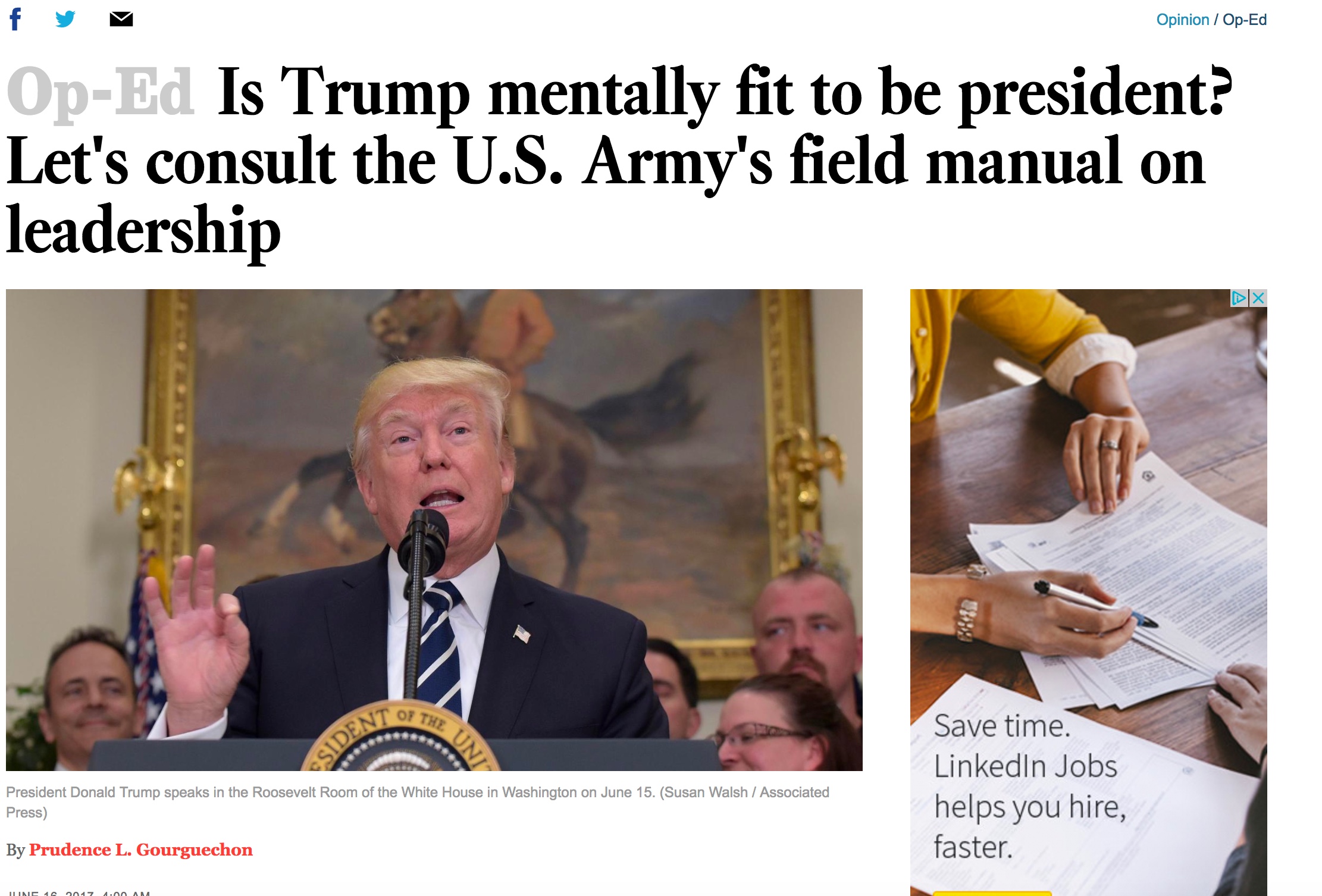When you’ve arrived at this stage of life I call “Starting Older”, you might as well finally be yourself. While with a modicum of luck and good health there’s plenty of time left, it’s not infinite. So finally, now, you don’t want to waste it. Also, being someone else is exhausting, as is being what other people want you to be or who you think you’re supposed to be. Chances are you’ve tried on those roles at some point in your life, if not during most of it. It’s clear we all do our best, most creative and productive work with the greatest amount of energy and stamina when work is consonant with what psychoanalysts call the true self. But while the very clichéd advice to “be yourself” may sound self evident, in practice it’s rather easy to be diverted to other peoples’ agendas despite your best intentions.
As I pursue a new course as part of my own experience of “Starting Older” the challenge to stay true to myself has come up repeatedly and it has taken conscious effort to stay the course.
Shortly after I established the brand and web presence for my consulting business, Invantage Advising, a friend introduced me to a business coach she had worked with productively for some years who I’ll call Sara. My friend who made the contact and I thought it was a peer-to-peer networking contact, but I quickly got the impression that Sara saw it as a business opportunity to try to sell me on her own services. Sara congratulated me on my new business venture and then said, forcefully “I’ll give you one piece of free advice!” “OK” I said warily. “Get rid of all the political stuff on your website. Your target market is business people. Business people are Republicans. You’ll lose clients.” I was taken aback and stumbled through the rest of our conversation, which I was eager to end.
I was very unsettled after the phone call and felt seriously derailed. Sara’s and my conversation took place one month after Donald Trump was elected President. I am a life-long Democrat and was appalled by the presidential campaign and Trump’s election. I was proud of work I’d done in support of Hillary Clinton during the campaign and had posted four videos on my website from the SuperPac Correct the Record in which I’d been interviewed as an expert on a variety of subjects including Trump’s relationship to the truth and his treatment of women. I also had written several blog posts I thought were valuable on the psychology of voters. The Big Daddy Lie explored an unconscious psychological dynamic that attracted voters to Trump. Everybody’s Mother: What Hillary Clinton and Other Women in Power Need to Know About the Unconscious was part of my ongoing work explaining the attitudes and prejudices people have to women in powerful positions and how these biases need to be understood and managed.
Following Sara’s advice would mean getting rid of all this work on my website. I knew I didn’t want to do it. I was proud of it, attached to it, and saw it as an important part of the portfolio I was building for my consulting business—I want to work with women in positions of leadership to help them avoid the pitfalls that make bias a threat to their success, and I was eager to work in political campaigns helping with messaging and understanding voter psychology. And most of all, it was mine. My creation.
But, though I had no doubt that I didn’t want to follow Sara’s advice, I was thrown by the conviction and authority she’d evidenced in offering it. After all, she’d been working as a business coach for 15 years, so she might know what she was talking about. Mentally flailing around, I asked friends and informal advisors what they thought. Their reactions were mixed and not that helpful. “Yeah, I could see how that could be a problem” was the general consensus. Not what I wanted to hear.
I stewed about it, reluctant to remove any of my political work from my website but newly anxious that its presence would mean I wouldn’t get the business I needed to make my consulting firm thrive.
As I went back and forth in my mind, obsessively and indecisively, I happened to get an invitation to an event from a progressive political group called, pointedly if not elegantly, Patriotic Millionaires.
The group was founded in 2010 and describes itself this way:
“The Patriotic Millionaires is a group of high-net worth Americans who are committed to building a more prosperous, stable and inclusive nation.”
That reminded me. Not all wealthy people and not all business people are Republicans. Not all Republicans would refuse to hire me because of my political views. And, presumably I got the invitation because of the political work I had done.
Most of all, I came to my senses. The whole reason I had changed my career path at this time of my life was because I wanted to do what I wanted to do, not what I felt I should do or could do or must do. Not even what I had always succeeded and excelled at. Just what I wanted to do. And what I wanted to do was business consulting and politics and most of all to be exactly myself.
I come from a long line of vocal liberals. I grew up in Washington and have always loved the excitement and drama of politics. I am also really interested in business, because business people are very smart and open to the kind of knowledge I have. They are interested in anything that produces results. And they are innovative and quick to act.
The solution was clear. Don’t give up business. Don’t hide my political self. Don’t, for God’s sake, sabotage this wonderful opportunity to be who I am and see where that takes me. See what happens and take the risk that there will be enough people with the means and resources to hire me who share my political values or at least aren’t so turned off by my opinions that they would dismiss me as a liberal and refuse to consider hiring me.







